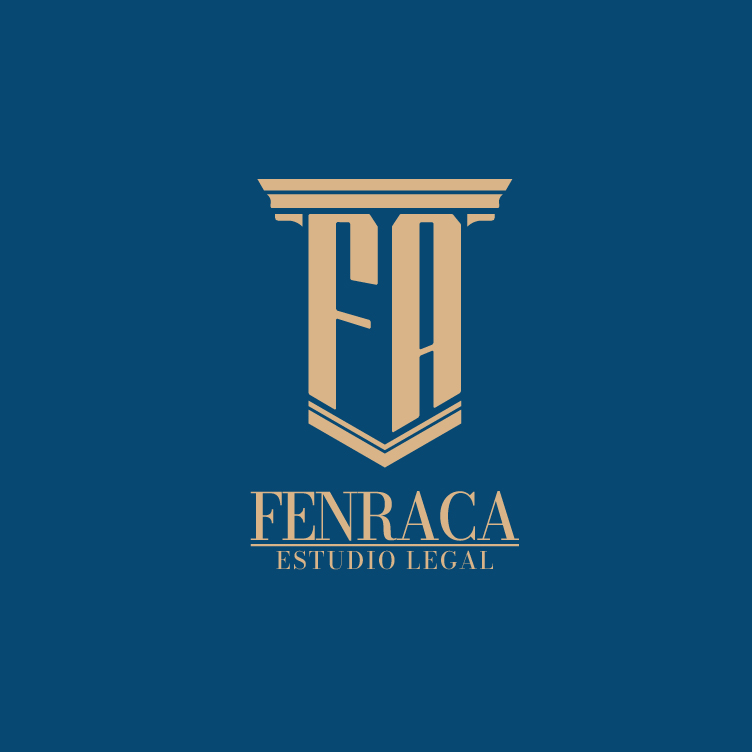Best Elder Law Lawyers in Dominican Republic
Share your needs with us, get contacted by law firms.
Free. Takes 2 min.
Or refine your search by selecting a city:
List of the best lawyers in Dominican Republic
About Elder Law in Dominican Republic
Elder Law in the Dominican Republic is a specialized area of law focusing on the legal needs of older adults. It encompasses a variety of legal issues including estate planning, guardianship, healthcare decisions, and elder abuse. This field is particularly relevant due to the country's aging population, which necessitates comprehensive legal frameworks to protect the rights and dignity of older citizens.
Why You May Need a Lawyer
There are numerous situations in which individuals or their families may require legal assistance in the realm of Elder Law in the Dominican Republic:
- Estate Management and Planning: Legal guidance on wills, trusts, and beneficiary designations to ensure effective transfer of assets.
- Guardianship: Assisting with the legal process to appoint a guardian for those unable to make decisions for themselves.
- Healthcare Directives: Navigating the creation of living wills and health proxies to ensure medical wishes are honored.
- Elder Abuse and Neglect: Pursuing legal actions against mistreatment or financial exploitation of the elderly.
- Pension and Benefits: Understanding rights and entitlements to social security and pension benefits.
Local Laws Overview
In the Dominican Republic, several laws and regulations are pertinent to Elder Law:
- Law 352-98 on Protection of the Elderly: This law establishes the rights of older adults and the obligations of society and family towards them.
- Civil Code Provisions: The local Civil Code includes articles relevant to guardianship and the administration of an elder’s estate.
- Social Security Law: Offers guidelines concerning pensions and benefits applicable to older citizens.
Frequently Asked Questions
What is Elder Law?
Elder Law is a legal field focusing on issues that affect the elderly, covering diverse areas like healthcare, guardianship, retirement planning, and elder abuse.
Who qualifies as an "elderly" or "senior citizen" under Dominican law?
In the Dominican Republic, individuals aged 60 and over are generally considered elderly and can benefit from specific legal protections.
How can I ensure my healthcare wishes are respected?
Creating a healthcare directive or living will can help ensure that your medical preferences are adhered to if you become unable to communicate them yourself.
What legal steps can I take if I suspect elder abuse?
Contact local authorities or a lawyer specializing in elder law to discuss the situation and initiate protective or legal actions if necessary.
Are there legal protections against age discrimination?
Yes, Dominican laws provide protection for older adults against discrimination based on age, particularly in employment and service access.
How are retirement benefits managed in the Dominican Republic?
Retirement benefits are regulated by the Social Security Law. Understanding your rights and filing claims properly can ensure you receive entitled benefits.
What is the role of a guardian, and how is one appointed?
A guardian is appointed to make financial, health, and personal decisions for someone who cannot do so themselves. The process is outlined in the Civil Code and requires a legal proceeding.
Can a will be contested in the Dominican Republic?
Yes, a will can be contested under certain circumstances, such as claims of undue influence or lack of capacity when the will was made.
What resources are available for elder financial planning?
Consulting with a lawyer or financial advisor specializing in elder law can provide guidance on estate planning, trusts, and managing assets.
How can family members assist their elderly relatives in legal matters?
Family members can help by staying informed, being advocates, and assisting in the arrangement of legal consultations or representation as needed.
Additional Resources
Here are some valuable resources for those seeking help in Elder Law in the Dominican Republic:
- CONAPE (Consejo Nacional de la Persona Envejeciente): A government body focused on the well-being and rights of the elderly. They can provide information and support services.
- Local Bar Associations: They can assist in finding legal professionals who specialize in elder law.
- Non-Governmental Organizations (NGOs): Groups focusing on elder rights offer various resources, including legal assistance.
Next Steps
If you need elder law legal assistance in the Dominican Republic, consider the following steps:
- Assess Your Needs: Identify the specific legal needs or issues at hand.
- Consult a Specialist: Reach out to a lawyer who specializes in Elder Law to discuss your situation and explore your options.
- Prepare Documentation: Gather all relevant documents and information necessary for your legal consultation.
- Explore Financial Options: Determine how you will finance potential legal assistance or services.
- Stay Informed: Keep yourself updated on changes in law or policy concerning elder rights and benefits.
Taking these steps can help ensure that you or your loved ones' legal rights and interests are effectively protected and represented.
Lawzana helps you find the best lawyers and law firms in Dominican Republic through a curated and pre-screened list of qualified legal professionals. Our platform offers rankings and detailed profiles of attorneys and law firms, allowing you to compare based on practice areas, including Elder Law, experience, and client feedback.
Each profile includes a description of the firm's areas of practice, client reviews, team members and partners, year of establishment, spoken languages, office locations, contact information, social media presence, and any published articles or resources. Most firms on our platform speak English and are experienced in both local and international legal matters.
Get a quote from top-rated law firms in Dominican Republic — quickly, securely, and without unnecessary hassle.
Disclaimer:
The information provided on this page is for general informational purposes only and does not constitute legal advice. While we strive to ensure the accuracy and relevance of the content, legal information may change over time, and interpretations of the law can vary. You should always consult with a qualified legal professional for advice specific to your situation.
We disclaim all liability for actions taken or not taken based on the content of this page. If you believe any information is incorrect or outdated, please contact us, and we will review and update it where appropriate.
Browse elder law law firms by city in Dominican Republic
Refine your search by selecting a city.














